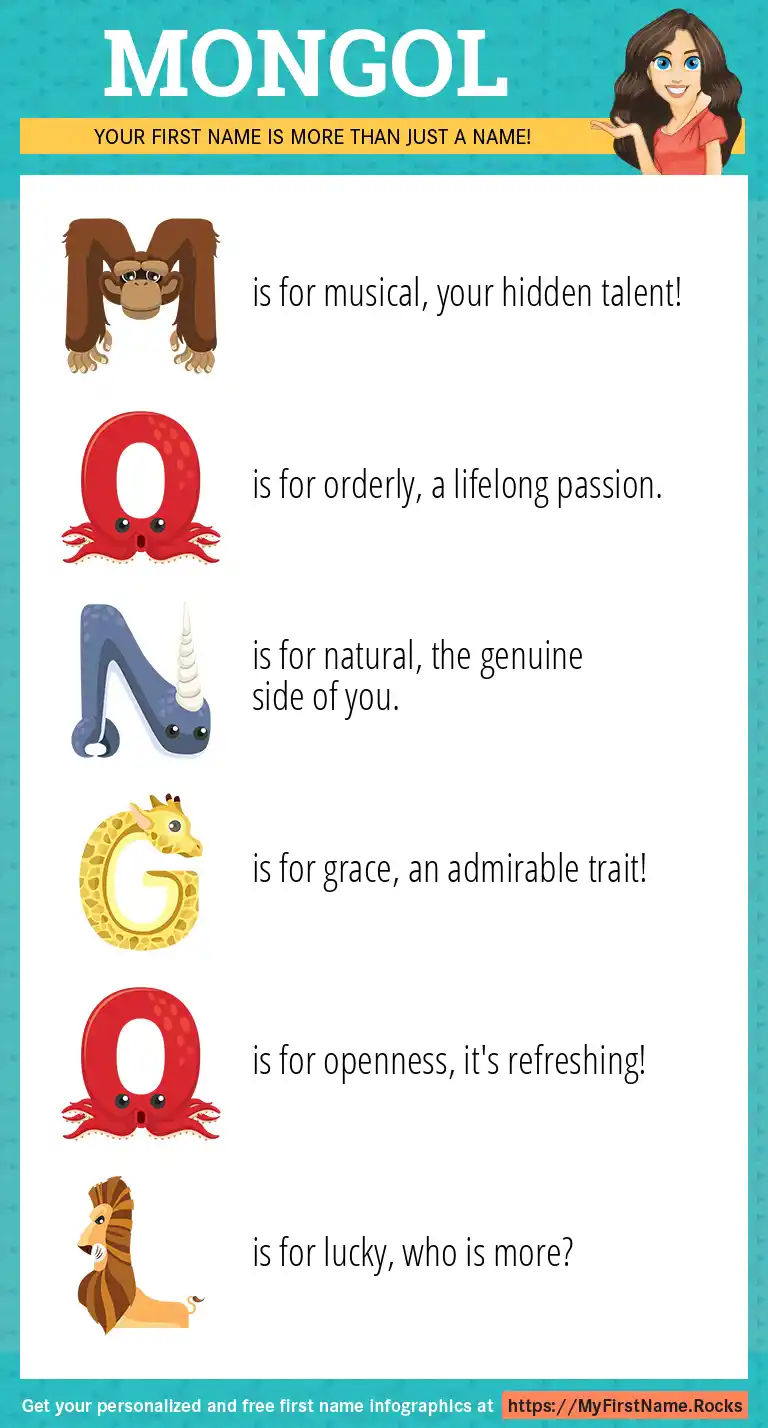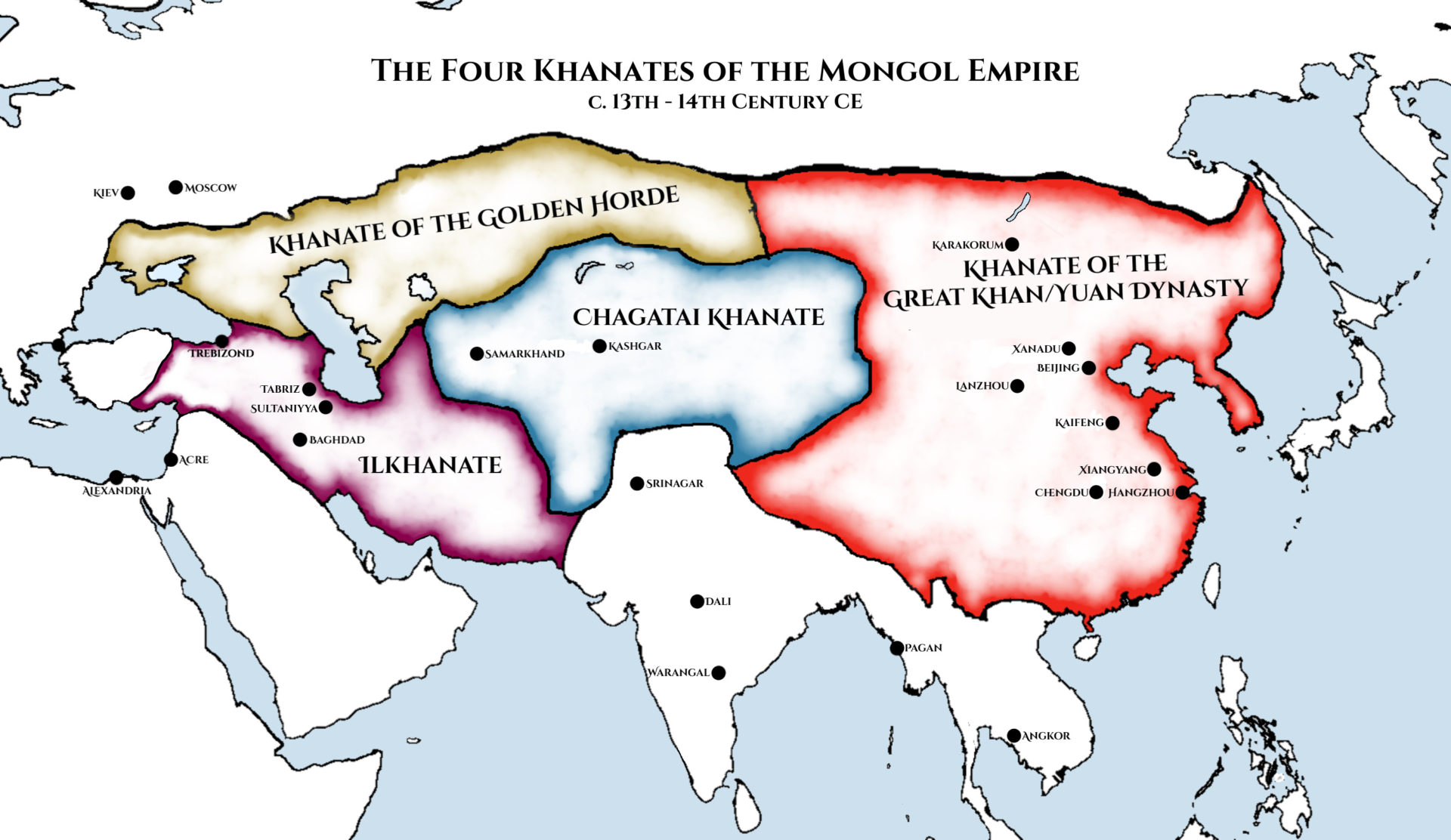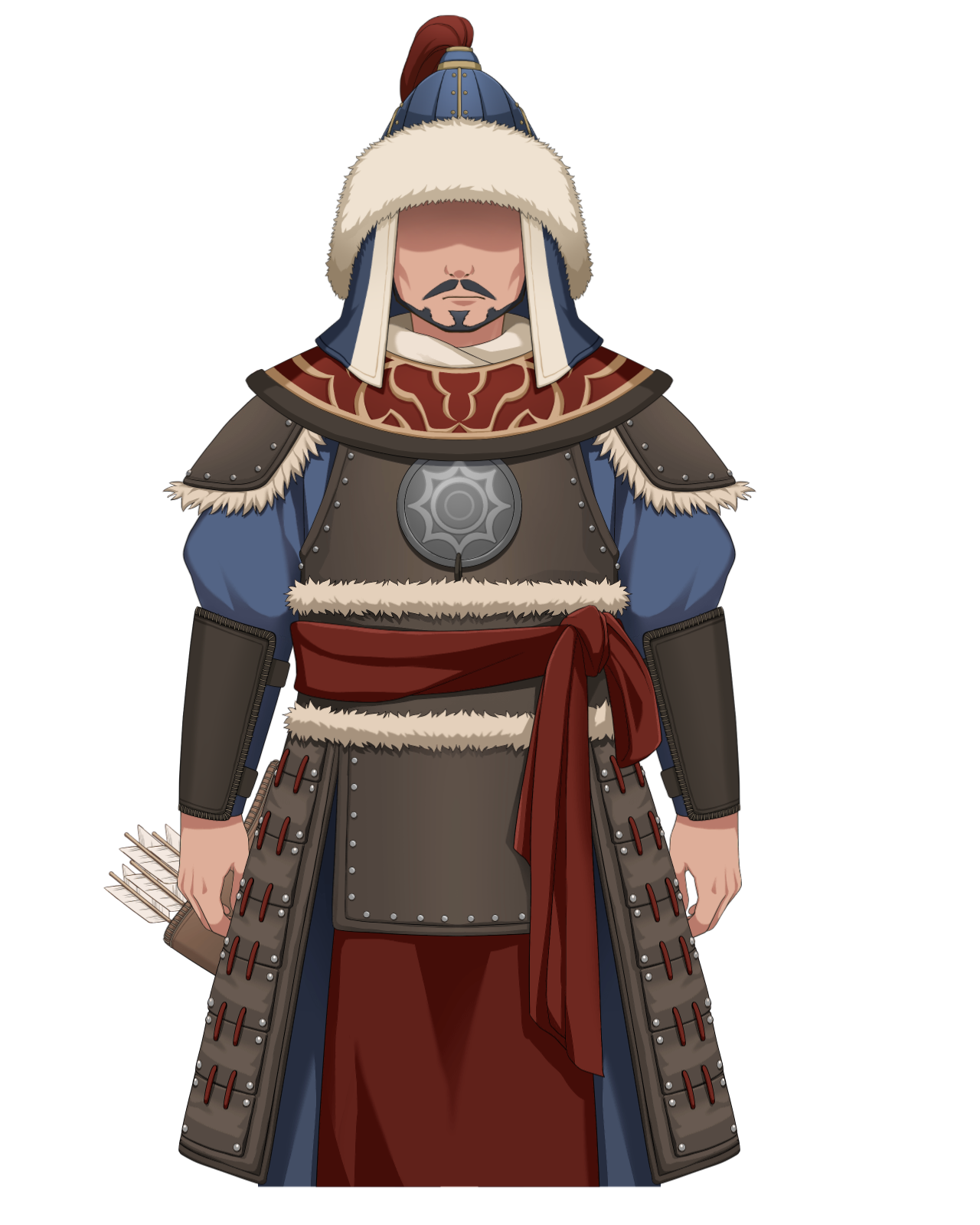Mongol First Names: A Deep Dive Into Unique And Cultural Naming Traditions
Have you ever wondered about the rich tapestry of Mongolian first names? These names carry deep cultural significance, historical roots, and personal meaning. If you're diving into Mongol first names, you're about to uncover a world where tradition meets individuality. Whether you're researching for naming your child, exploring genealogy, or simply fascinated by global naming customs, this article has got you covered.
Mongol first names aren't just random combinations of letters; they're carefully chosen to reflect heritage, aspirations, and even the natural world. Imagine naming your child after a star, a mountain, or a fierce warrior. That's the kind of depth Mongolian naming traditions bring to the table. Stick around, and we'll break it all down for you in a way that's both informative and easy to digest.
In this guide, we’ll explore everything from the historical roots of Mongolian names to modern trends. We’ll also touch on how these names can inspire you, no matter where you're from. So, buckle up, and let’s dive into the fascinating world of Mongolian first names!
Read also:Snowbird Alaskan Bush The Ultimate Adventure For Nature Enthusiasts
Table of Contents
- The History Behind Mongol First Names
- Cultural Significance of Mongolian Names
- Popular Mongol First Names and Their Meanings
- Naming Traditions in Mongolia
- Modern Trends in Mongolian First Names
- Symbolism in Mongol First Names
- Famous People with Mongol First Names
- Tips for Choosing a Mongolian Name
- Resources for Exploring Mongolian Names
- Conclusion: Embrace the Beauty of Mongol First Names
The History Behind Mongol First Names
Let's rewind a bit and take a peek at the origins of Mongol first names. The history of Mongolian naming traditions dates back centuries, intertwined with the nomadic lifestyle and the vast steppes of Mongolia. Back in the day, names weren't just labels; they were powerful tools believed to influence a person’s destiny.
In ancient times, Mongolians often named their children after natural elements like rivers, mountains, and stars. This connection to nature was crucial in their culture, and it’s still reflected in many names today. For example, the name "Altan" means "golden," symbolizing wealth and prosperity.
Evolution of Mongolian Naming Traditions
As Mongolia evolved, so did its naming customs. The influence of Buddhism brought spiritual elements into names, and during the Soviet era, some names took on more revolutionary tones. But through it all, the core values of family, nature, and heritage remained strong.
Fun fact: In some cases, Mongolians would change their names if they encountered misfortune, believing a new name could bring better luck. Cool, right?
Cultural Significance of Mongolian Names
Mongol first names are more than just words; they're carriers of cultural identity. Each name tells a story, whether it's about strength, beauty, or wisdom. Let’s break down why these names matter so much.
Names Reflecting Nature and Spirituality
Many Mongolian names are inspired by the natural world. Think of names like "Tsetseg" (flower) or "Naran" (sun). These names not only celebrate the beauty of nature but also remind individuals of their connection to the land.
Read also:Funny Red Heads The Life Laughter And Charm Of Redhaired Witty Souls
And then there’s the spiritual side. Buddhist influences have introduced names like "Davaa" (moon) and "Dash" (auspicious), which carry religious significance. It’s like having a little piece of the universe embedded in your identity.
Popular Mongol First Names and Their Meanings
Now, let’s get into the nitty-gritty of some popular Mongol first names. Here’s a list of both male and female names that you might find interesting:
- Batbayar: Combining "bat" (strong) and "bayar" (joy), this name means "strong joy." Perfect for someone who brings happiness with strength.
- Sarangerel: Meaning "moonlight," this name is a nod to the beauty of the night sky.
- Tuguldur: Derived from "tuglu" (to gather) and "dur" (stone), it signifies unity and strength.
- Bolor: Meaning "crystal," this name represents clarity and purity.
See how each name carries a unique meaning? It’s like choosing a life motto for your child!
Naming Traditions in Mongolia
In Mongolia, the process of naming a child is steeped in tradition. Families often consult elders or religious leaders to ensure the chosen name aligns with the child’s destiny. Sometimes, names are even chosen based on the child’s birth date or the position of the stars.
One fascinating tradition is the "name-giving ceremony," where the child’s name is officially announced. It’s a big deal, involving family, friends, and sometimes even the local community. Imagine the celebration!
Family Influence in Naming
Family plays a huge role in the naming process. Many Mongolians choose names that honor ancestors or family members. This keeps the family legacy alive and strengthens the bond between generations.
Modern Trends in Mongolian First Names
Fast forward to today, and you’ll find that modern Mongolians are embracing both traditional and contemporary names. While classic names like "Tseren" and "Ganbat" remain popular, there’s also a growing interest in names with international flair.
Globalization has opened doors to new naming inspirations. Some parents opt for names that sound good in multiple languages, ensuring their children can thrive in an increasingly interconnected world. But don’t worry—traditional names still hold a special place in Mongolian hearts.
Blending Tradition and Modernity
The beauty of Mongolian naming today lies in its ability to blend the old with the new. You might find a child named "Altan" (golden) paired with a middle name like "James." It’s like wearing a traditional deel with a modern jacket—both styles coexist harmoniously.
Symbolism in Mongol First Names
Every Mongol first name carries symbolic meaning, whether it’s about nature, strength, or spirituality. Let’s explore some common symbols found in these names:
- Animals: Names like "Chuluun" (stone) and "Munkh" (eternal) often symbolize steadfastness and endurance.
- Nature: "Tsetseg" (flower) and "Naran" (sun) reflect the beauty and power of the natural world.
- Spirituality: Names like "Davaa" (moon) and "Dash" (auspicious) carry deep spiritual significance, connecting individuals to the divine.
These symbols aren’t just decorative; they shape the identity and aspirations of those who bear them.
Famous People with Mongol First Names
Curious about famous Mongolians with iconic first names? Here are a few noteworthy individuals:
Biography Table
| Name | Birth Year | Profession | Notable Achievements |
|---|---|---|---|
| Genghis Khan | 1162 | Emperor | Founder of the Mongol Empire |
| Tsendiin Damdinsüren | 1908 | Poet | Pioneer of modern Mongolian literature |
| Narantsetseg Davaadorj | 1982 | Architect | Renowned for sustainable design |
These individuals not only carry their names proudly but also contribute significantly to their fields, inspiring future generations.
Tips for Choosing a Mongolian Name
If you’re considering a Mongolian name for your child or yourself, here are a few tips to keep in mind:
- Research the Meaning: Make sure the name you choose carries a positive and meaningful message.
- Consider Pronunciation: Choose a name that’s easy to pronounce in your language to avoid confusion.
- Honor Tradition: Incorporate elements of Mongolian culture to pay homage to its rich heritage.
Remember, a name is a gift that lasts a lifetime, so take your time and choose wisely!
Resources for Exploring Mongolian Names
For those eager to learn more, here are some reliable resources:
- Mongolnames.com: A comprehensive database of Mongolian names and their meanings.
- Babynames.com: Offers a global perspective on naming trends, including Mongolian names.
- Mongoliantimes.mn: A great source for cultural insights and updates from Mongolia.
These resources can help you dive deeper into the world of Mongolian names and make informed decisions.
Conclusion: Embrace the Beauty of Mongol First Names
In conclusion, Mongol first names are a treasure trove of culture, history, and personal meaning. Whether you’re exploring them for naming purposes or simply out of curiosity, they offer a glimpse into a vibrant and enduring tradition.
We encourage you to share your thoughts in the comments below. Have you ever considered a Mongolian name? What’s your favorite name and why? And don’t forget to check out our other articles for more fascinating insights!
So, what are you waiting for? Dive into the world of Mongolian names and discover the beauty of this ancient tradition!


